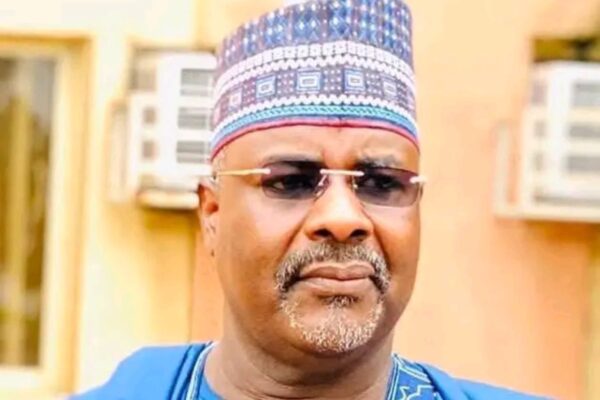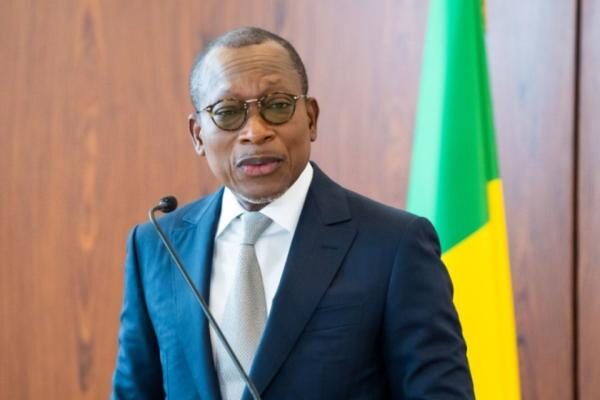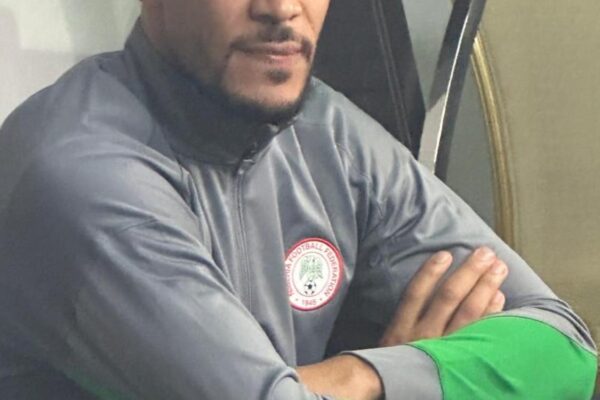
NWFL Launches Mandatory Digital Registration and Licensing Portal for 2025/26 Premiership Season
The Nigeria Women Football League (NWFL) has launched a compulsory digital portal for player registration and club licensing ahead of the 2025/26 season. The initiative was announced in a statement issued on Friday, November 14, by the league’s Media Director, Samuel Ahmadu, as part of ongoing efforts to modernise administrative processes and strengthen regulatory compliance across the league. Confirming the development, Chief Operating Officer Modupe Shabi said the digital platform represents a significant advancement in the NWFL’s governance standards. “This platform is designed to eliminate manual delays, minimise documentation errors, and provide real-time oversight of all registration activities. It is an important step toward making the NWFL more efficient and globally competitive,” she said. Shabi noted that the portal’s verification features will play a critical role in reducing common infractions such as age falsification, dual registration, and irregular player movement. “The system gives the league the ability to authenticate submitted documents instantly. It strengthens integrity, ensures accountability, and aligns us with international best practices,” she added. The NWFL COO also disclosed that the initiative received strong endorsement from club representatives during the recent Congress in Port Harcourt, where stakeholders approved the digital migration as essential to improving organisational efficiency and strengthening league structures. Under the updated NWFL Registration and Club Licensing Regulations, all clubs are required to complete their player registration exclusively through the new portal from November 14 to 21, 2025. Required documentation includes national identification, passport photographs, verified age records, academic credentials, medical fitness reports, and digitally signed player contracts. Licensing submissions also mandate coaching licences, stadium certification, audited financial statements, ownership documents, and evidence of youth development structures. According to the NWFL secretariat, the digital portal is also a strategic tool to enhance the marketability of the league by improving transparency, data integrity, and administrative professionalism, key requirements for attracting sponsors, commercial partners, and international collaborations.








